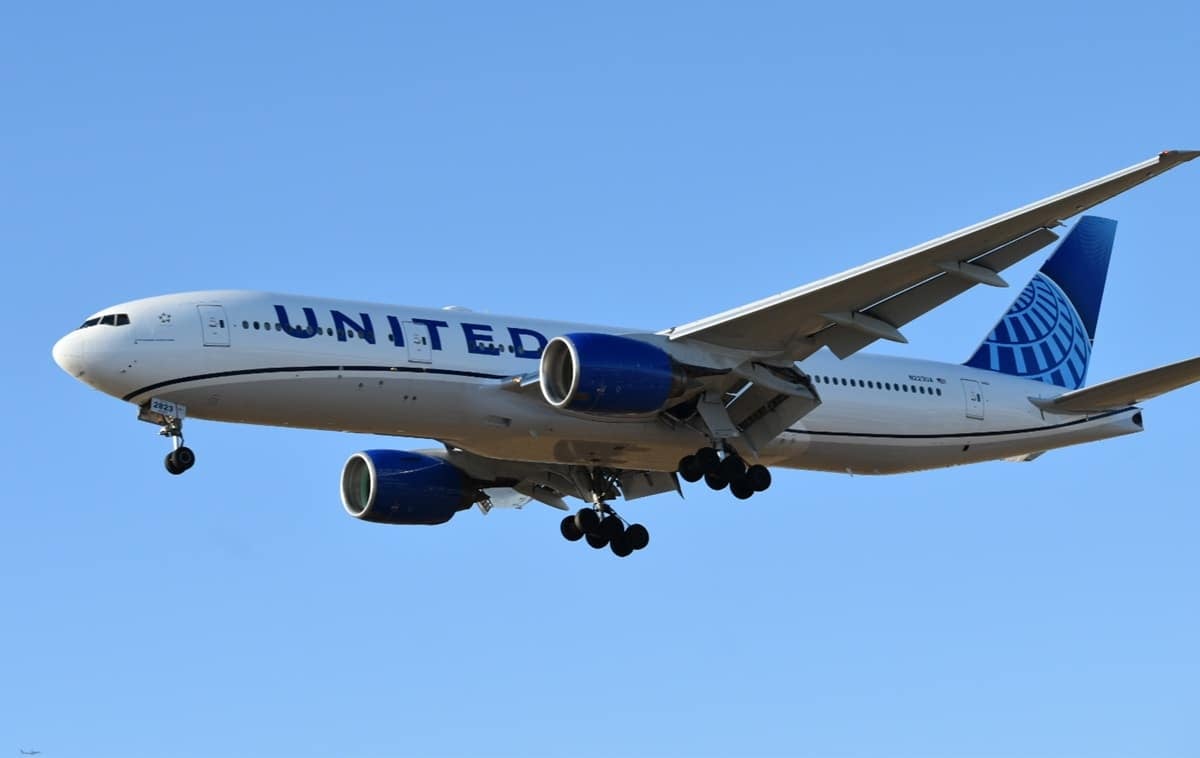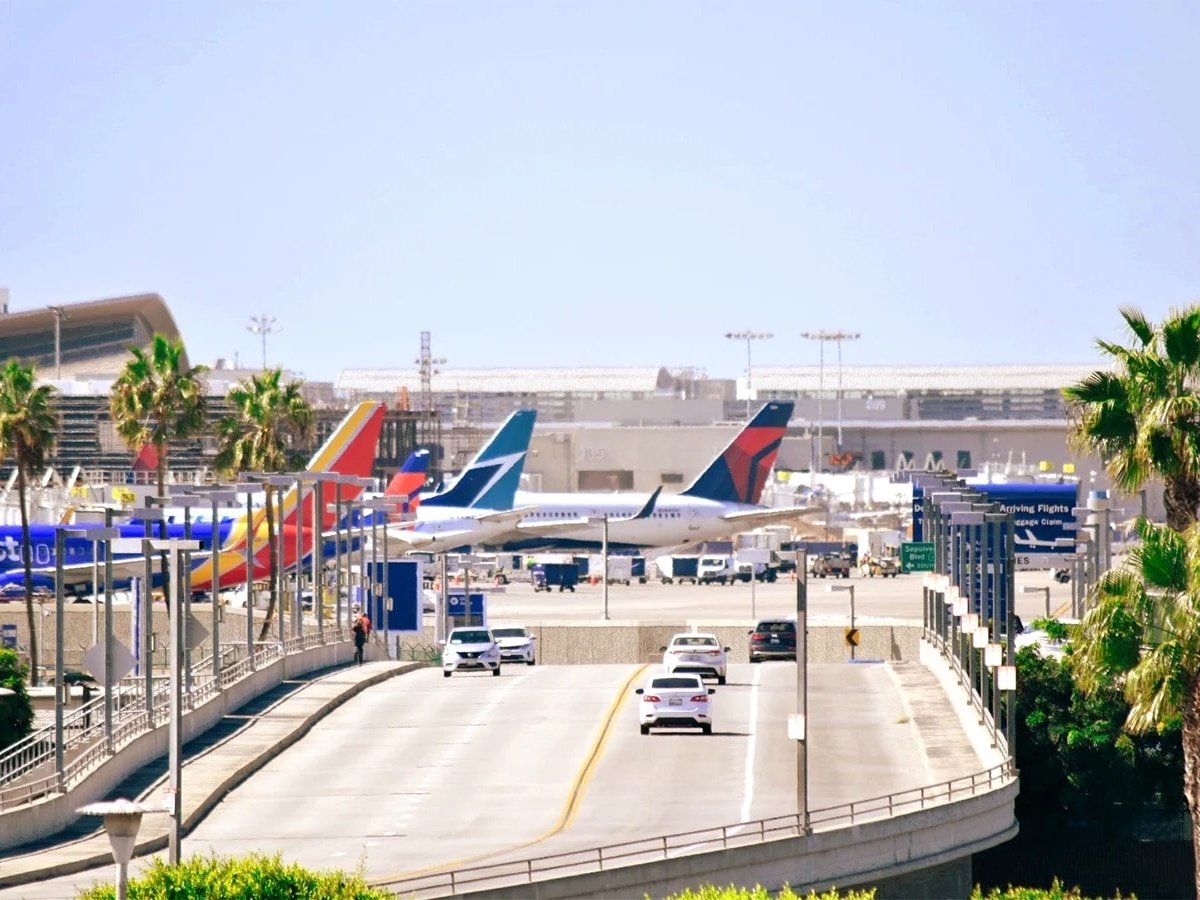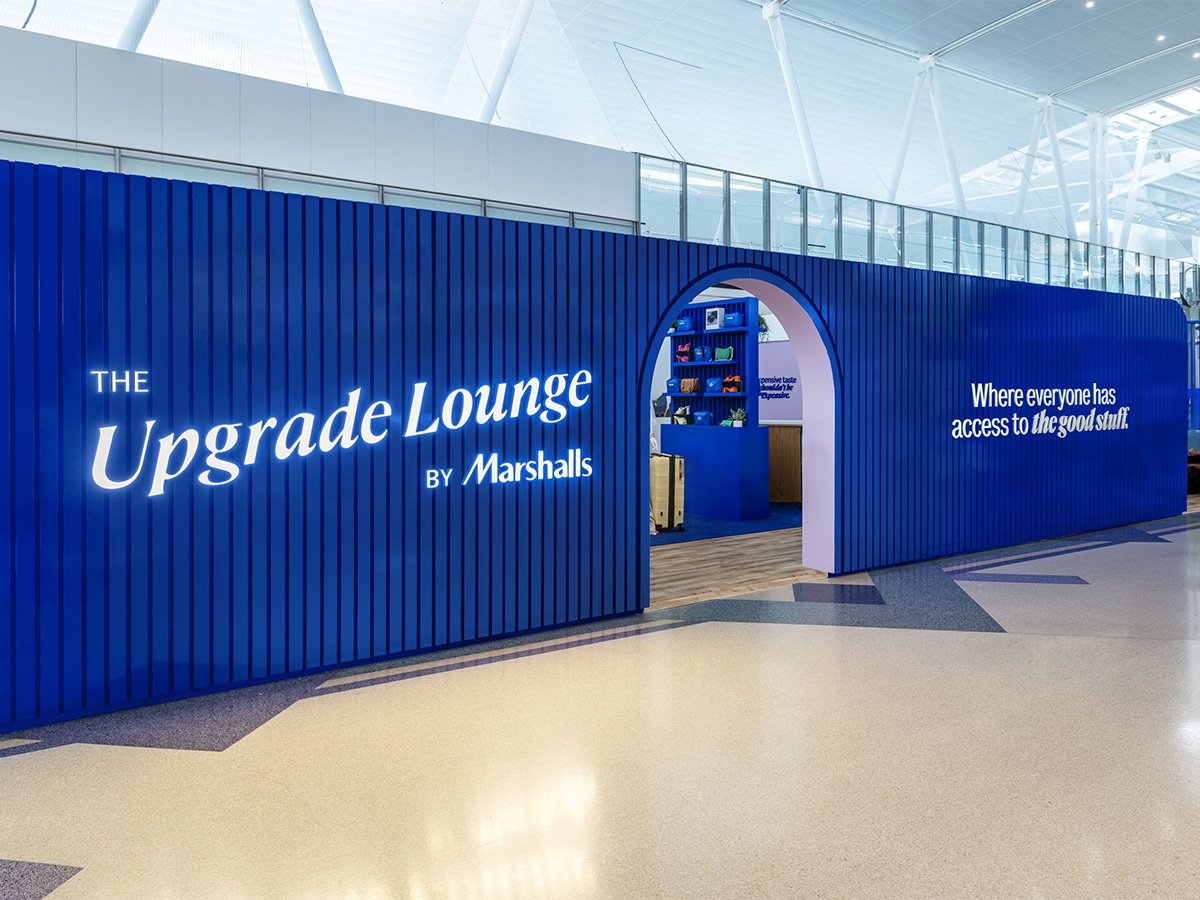If you’ve flown through Newark Liberty International Airport (EWR) recently, you’ve likely noticed the delays, ground stops and general chaos. It’s not your imagination and United Airlines, Newark’s largest carrier, knows it too.
 Yesterday, United sent an email to MileagePlus members from Jon Gooda, Vice President of Airport Operations at EWR, offering a candid explanation of what’s been going on behind the scenes and what the airline is doing to fix it.
Yesterday, United sent an email to MileagePlus members from Jon Gooda, Vice President of Airport Operations at EWR, offering a candid explanation of what’s been going on behind the scenes and what the airline is doing to fix it.
United Cuts Flights, FAA Steps In
Gooda revealed that the FAA just reduced the overall number of flights in and out of Newark by 30%. On top of that, United proactively cut about 35 daily flights from its own schedule in early May. That may sound alarming at first, but according to Gooda, it’s led to a major improvement in performance. Since trimming the schedule, United has canceled fewer than 1% of its EWR flights on eight of the past 11 days and now leads the nation in on-time departures for the month of May.
Gooda emphasized that these cuts are part of a plan to return to reliability, especially while the airport undergoes runway construction (expected to finish by mid-June). He noted that even though United will be flying fewer flights this summer than last, it’s a strategic decision to keep operations running smoothly.
Why Was It So Bad to Begin With?
If you subscribe to my newsletter, you know this move didn’t come out of nowhere. Just a couple of weeks ago, I shared an NBC News report where a veteran air traffic controller issued a chilling warning: “Don’t fly into Newark. Avoid it at all costs.” That’s a bold statement to make right before the summer travel season.
The issues stem from a combination of ongoing runway construction, severe weather and, most critically, an air traffic controller (ATC) shortage. The FAA has admitted it is short 3,000 controllers nationwide. On top of that, outdated technology has caused multiple failures at Newark in recent weeks, forcing delays, diversions and cancellations that impacted thousands of passengers.
United CEO Scott Kirby didn’t mince words either, stating:
“On more than one occasion, technology that FAA air traffic controllers rely on to manage the airplanes coming in and out of Newark airport failed… [and] over 20% of the FAA controllers for EWR walked off the job.”
According to the New York Times, just three ATC staffers were on duty during a recent evening shift, far fewer than the target of 14. The result? Delays up to seven hours.
A History of Trouble at EWR
EWR has long been one of the worst airports for delays, particularly weather-related ones. A Weather Channel analysis found that 62.85% of delays at Newark are due to weather, more than any other major U.S. airport.
In my personal experience, I try to avoid Newark unless I’m heading to Lower Manhattan or the West Side. I always book early morning flights to dodge afternoon congestion. Just last year, I flew United’s Premium Plus on a 777-200 from Newark to Los Angeles and yes, we were significantly delayed.
United Takes Control
It’s rare to see an airline so publicly acknowledge its role and limitations. United’s decision to cut its schedule rather than keep flying into chaos shows a commitment to operational reliability.
Gooda’s message was clear: fewer flights now mean better on-time performance and fewer cancellations later. And so far, the data supports that.
Should You Avoid Newark?
The ATC shortage and infrastructure issues won’t disappear overnight. Even Secretary of Transportation Sean Duffy rerouted his wife to fly out of LaGuardia instead of Newark, a move that sparked political backlash and headlines.
Regardless, it’s clear the system needs reform. But until then, if you have flexibility in your travel plans, consider alternate airports or at least early flights when flying in or out of the New York City area.
That said, United’s proactive measures and the FAA’s intervention are steps in the right direction. Here’s hoping they’re enough to keep your summer travels running smoothly.
TIP: If your travel plans are affected by delays or cancellations, be sure to check for airline travel waivers and follow my guide to handling travel disruptions like a pro.
Want more travel news, tips and deals? Sign up to Johnny Jet’s free newsletter and check out these popular posts: The Travel Gadget Flight Attendants Never Leave Home Without and 12 Ways to Save Money on Baggage Fees. Follow Johnny Jet on MSN, Facebook, Instagram, Pinterest, and YouTube for all of my travel posts.



